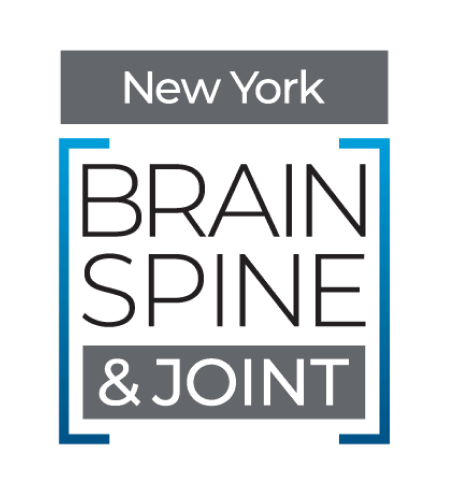Wound Care
Share This Page
Wound Care: Advanced Management for Complex, Chronic, and Non-Healing Wounds
Chronic wounds are a growing medical concern, affecting millions of people worldwide. Non-healing wounds can lead to serious complications, including infections, prolonged pain, amputation, or even life-threatening conditions. At our multi-location, multi-disciplinary medical practice in the New York City metro area, we have assembled a world-class, specialized wound-care team dedicated to treating and resolving complex, chronic, and difficult-to-heal wounds.
Patients travel from throughout New York state, across the United States, and from around the globe to benefit from our integrated, evidence-based wound-care approach, state-of-the-art technology, and highly experienced clinical team.
Types of Complex Wounds We Treat
Our wound-care specialists successfully manage a wide range of challenging wounds, including:
- Diabetic Foot Ulcers: Slow-healing wounds that arise from diabetic nerve damage (neuropathy) and poor blood flow (vascular disease).
- Pressure Ulcers (Bedsores): Commonly affecting immobile patients, requiring diligent care and innovative therapies.
- Venous Stasis Ulcers: Resulting from impaired venous circulation, often located on the legs or ankles.
- Arterial Wounds & Peripheral Artery Disease: Caused by inadequate arterial blood flow, requiring multidisciplinary vascular intervention.
- Surgical Wounds & Post-Operative Complications: Including infections, compromised grafts, or dehisced (opened) surgical wounds.
- Radiation-Related Wounds: Persistent wounds caused by radiation therapy for cancer treatment.
- Burns & Traumatic Injuries: Complex wounds requiring specialized management, reconstruction, and rehabilitation.
Comprehensive, Multidisciplinary Wound-Care Approach
Our wound-care team includes wound-care-certified physicians, vascular specialists, infectious disease experts, podiatrists, plastic and reconstructive surgeons, endocrinologists, nurse specialists, nutritionists, and physical therapists. Together, they create a comprehensive care plan tailored to each patient’s unique needs, medical history, and wound characteristics.
Advanced Wound Treatment Techniques & Therapies
- Debridement & Advanced Dressings: Removing damaged tissue to promote healing, combined with modern dressings to maintain optimal moisture levels and protect the wound.
- Negative Pressure Wound Therapy (NPWT/Wound VAC): Applying controlled suction to stimulate healing, reduce swelling, and speed wound closure.
- Hyperbaric Oxygen Therapy (HBOT): Accelerating healing by saturating tissues with therapeutic oxygen levels.
- Biologic & Regenerative Therapies: Utilizing skin substitutes, growth factors, platelet-rich plasma (PRP), and stem cell therapies to stimulate natural healing.
- Vascular Interventions: Addressing underlying circulation issues through minimally invasive procedures to restore blood flow.
- Nutrition & Metabolic Management: Optimizing nutritional support, hydration, and metabolic control to support wound healing.
- Infection Management: Specialized antibiotic regimens, cultures, and infectious disease interventions to control infections promptly and effectively.
- Reconstructive & Plastic Surgery: Complex wound closure using grafts, flaps, or specialized surgical interventions when necessary.
Our Commitment to Patient Education & Prevention
We emphasize patient education, teaching patients and families how to care for wounds, recognize signs of complications early, and implement preventive measures to reduce recurrence.
Why Choose Us for Your Wound-Care Needs?
- Clinical Expertise & Advanced Training: Our wound-care specialists are board-certified and highly experienced in managing difficult-to-heal wounds.
- Comprehensive, Coordinated Care: Collaboration among multiple specialties ensures holistic, effective care.
- Innovative Technology & Treatments: Access to cutting-edge therapies and advanced diagnostic tools.
- Proven Results & Commitment: Our program consistently achieves outstanding wound closure rates, reduced complications, and improved patient quality of life.
Disclaimer: This article is intended for informational and educational purposes only. Always consult our qualified wound-care specialists to obtain specific medical advice tailored to your personal circumstances.

